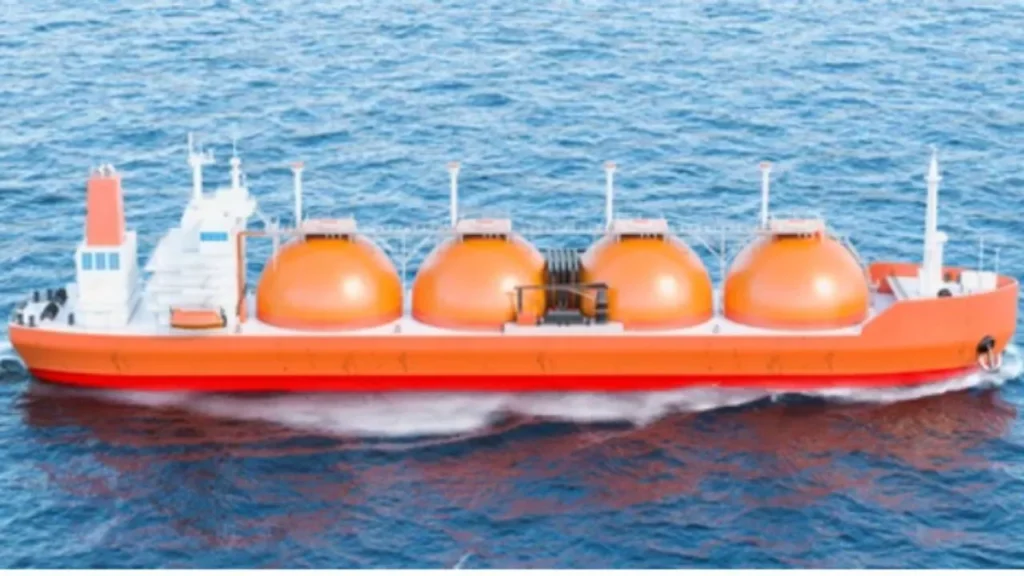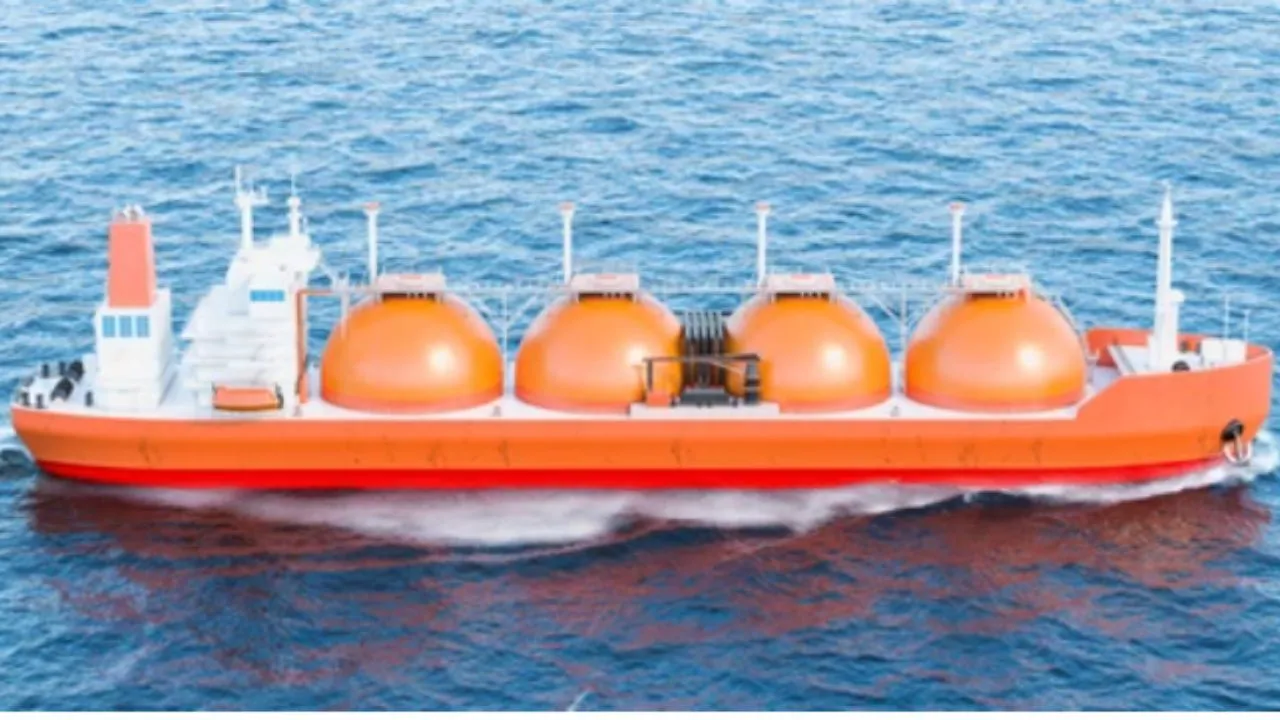CCP urges LNG sector shake-up to break state monopoly

Watchdog calls for unbundling gas utilities, stronger regulation and private sector entry to cut costs, boost competition
Pakistan’s Competition Commission has flagged deep-rooted barriers in the liquefied natural gas (LNG) market, urging sweeping reforms to dismantle state monopolies, strengthen regulation, and open the sector to private players.
In a detailed report, the Competition Commission of Pakistan (CCP) recommended unbundling state-owned gas utilities, introducing a “one-stop shop” for LNG import approvals, and creating a Central Coordination Committee to streamline policy decisions. It also pressed for amending the LNG Policy 2011 and the OGRA Ordinance 2002 to empower regulators and enforce fair competition.
The CCP report paints a stark picture of a market dominated by state-owned enterprises (SOEs) such as Pakistan State Oil, Pakistan LNG Limited, Sui Southern Gas Company, and Sui Northern Gas Pipelines. These entities control imports, pipelines, and distribution, leaving little space for private firms. The commission said stringent licensing rules, preferential treatment for SOEs, and tight tariff controls discourage new entrants and perpetuate inefficiencies.
Key recommendations include timely implementation of Third-Party Access Rules for pipelines and terminals, enhanced demand forecasting by the Oil and Gas Regulatory Authority (OGRA), and a three-year plan to reduce unaccounted-for-gas losses. The report also warns that circular debt in the gas sector has ballooned to Rs2.8 trillion, fueled by delayed tariff adjustments, high system losses, and costly LNG diverted to households in winter.
The CCP noted that while Pakistan relies heavily on long-term LNG contracts, particularly with Qatar, over-dependence limits price flexibility and market responsiveness. A balanced mix of long-term and spot purchases, it argued, could create room for competition and cost savings.
With LNG now accounting for nearly a quarter of domestic gas use, the watchdog said reforms were critical to ensure energy security, lower costs, and align Pakistan’s gas market with international best practices. Breaking the monopoly of SOEs, it concluded, was essential to attract private capital, improve efficiency, and deliver relief to consumers.




